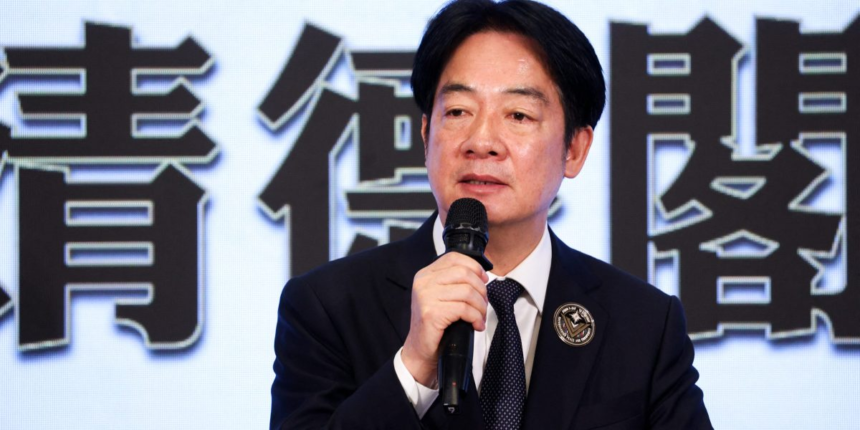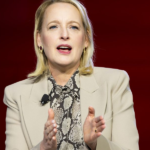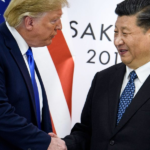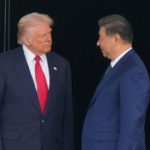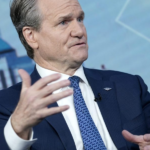The tariffs on Taiwanese goods were subsequently lowered to 10% for 90 days to allow for trade negotiations. Officials from both sides held a first round of talks last month, to be followed by another one in the coming weeks.
In a speech marking his first year as president and focusing on Taiwan’s strategies to defuse the effects of U.S. tariffs and military threats from China, Lai Ching-te struck an accommodating tone despite the tariff pressure.
The U.S. and Taiwan have long “cooperated and have also encouraged each other to grow,” he said. “There are bound to be frictions between friends, but they can eventually be reconciled.”
“Even if there are differences of opinion, as long as there is a foundation of trust and sincere dialogue, they can understand each other better and deepen their friendship,” he added.
“We will prepare adequately to avoid war and achieve the goal of peace,” he said.
He kept open the possibility of talks with Beijing, saying that “Taiwan is very willing to engage in exchanges and cooperation with China” as long as there is mutual respect and dignity.
Taiwan’s economy is supported by massive semiconductor firms that supply microchips globally as well as other electronics, advanced manufacturing and green tech makers.
Lai said he would continue to encourage foreign investment in Taiwan, citing Monday’s announcement by American technology company Nvidia about opening a new office in northern Taipei.
Nvidia’s Taiwan-born CEO Jensen Huang also announced his company would build an artificial intelligence supercomputer on the island in partnership with chipmaker TSMC, tech firm Foxconn and the Taiwanese government.
He also backed increased investments by Taiwanese firms in the U.S.
However, Lai’s controversial proposal to completely remove tariffs on U.S. goods “on the basis of reciprocity,” in addition to bumping up procurement of U.S. products, triggered protests last week by Taiwanese farmers.


